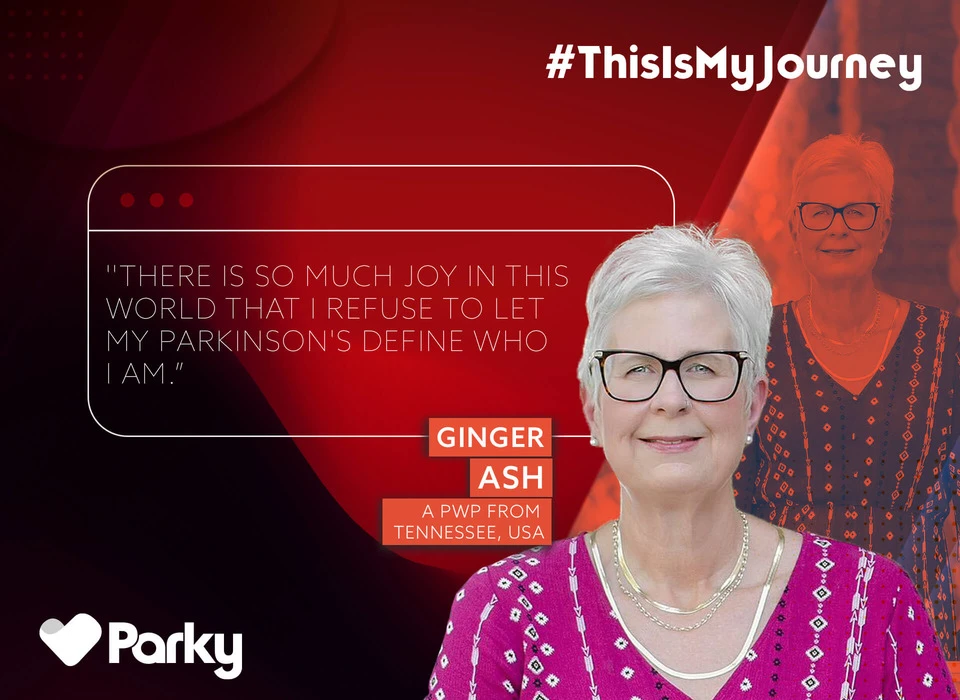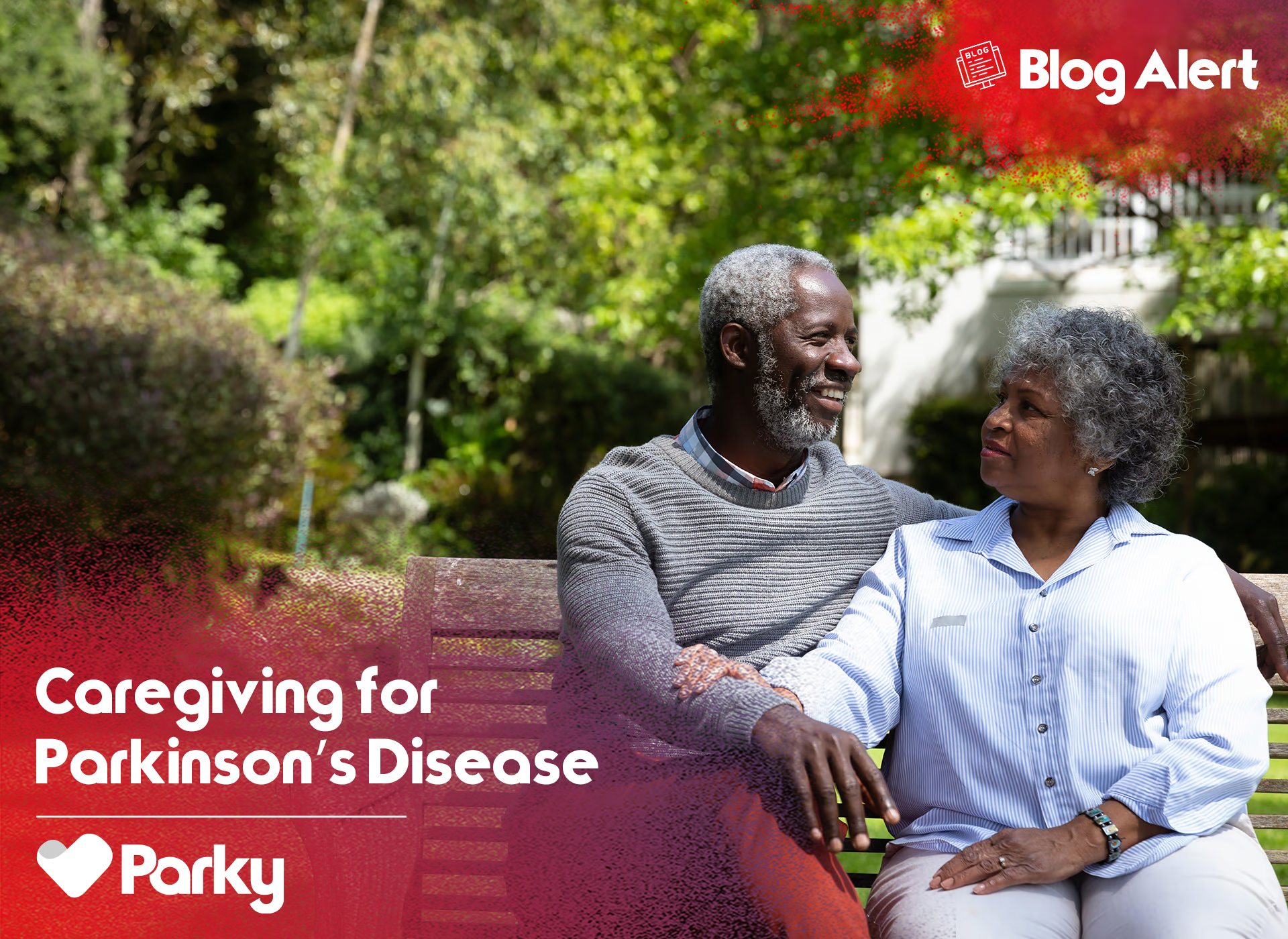

Caregivers play an irreplaceable role in the lives of those living with Parkinson's disease. As a progressive condition, Parkinson’s not only affects motor skills but also leads to cognitive decline, emotional changes, and a loss of independence. Individuals with Parkinson’s often need increasing support as the disease progresses. This is where caregivers step in—becoming the backbone of their care and day-to-day management.
For those with Parkinson’s, a caregiver is more than just someone who assists with daily activities like getting dressed, eating, or taking medication. They are emotional anchors, advocates, and a source of constant companionship. As physical abilities deteriorate and cognitive challenges arise, caregivers provide stability and continuity.
One of the most significant roles a caregiver plays is ensuring that their partners adhere to a treatment plan, which often involves a strict schedule of medication, physical therapy, and doctor’s appointments. Managing these elements is crucial because Parkinson’s symptoms can vary from day to day. Therefore, the ability to respond quickly to changes can make all the difference. Additionally, caregivers are often the first to notice subtle shifts in mood, behavior, or physical ability. They act as the voice of individuals struggling with Parkinson's when communicating with healthcare providers.
Caring for someone with Parkinson’s disease is an emotional journey that can be deeply challenging. Caregivers often bear the emotional burden of watching their loved ones gradually lose abilities over time. Parkinson's is sometimes described as a "thief" that gently takes away a person's independence, and caregivers are there to witness each difficult change.
The emotional strain doesn’t just come from caring for the physical needs of their loved one. It also comes from managing their own feelings of isolation and burnout. Many caregivers report feeling isolated as their lives become consumed by caregiving responsibilities.
Guilt is another strong emotion caregivers often face. Many feel guilty when they lose their temper or grow frustrated with their loved ones. Parkinson’s can cause individuals to withdraw, become apathetic, or irritable, which can create friction. The pressure to stay calm, patient, and compassionate only adds to this guilt, especially when the emotional toll feels overwhelming.
Starting with proper training can be the foundation for both you and your partner. A well-rounded training program equips caregivers with the knowledge and tools to understand the condition better. Training can also help anticipate future challenges and provide the best care possible. By becoming more informed, you’ll feel better prepared for the road ahead. You can also be more aware of the physical, emotional, and cognitive changes Parkinson’s can bring.
It’s not just about helping your loved one physically. It’s also about understanding how to create a healthy, supportive environment for both of you. Training introduces caregivers to valuable resources and support networks, which can make a big difference.
Organizations like Parkinson’s Foundation, American Parkinson Disease Association (APDA), and Davis Phinney Foundation offer specialized courses focusing on caregiving skills, symptom management, and emotional support.
Caregiving for someone with Parkinson’s can be deeply emotional and challenging. Gaining support, learning practical skills, and prioritizing self-care can make the journey more manageable. Remember, your well-being is just as important in this caregiving relationship.
Join our community in spreading hope and strength. Tell us your unique journey with Parkinson's to uplift and empower others.